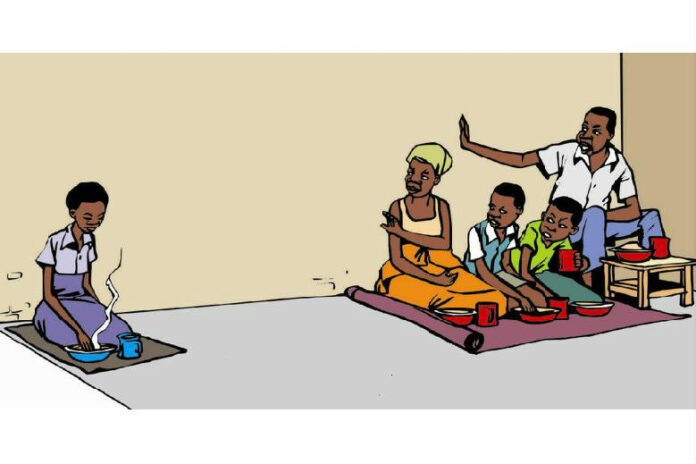By Johnson Kanyesige
A growing number of individuals living with HIV/AIDS are demanding justice as they face increasing discrimination in workplaces. This situation has become particularly dire, with reports indicating that stigma is contributing to a rise in new HIV infections.
The community’s response is a call for change, emphasizing the need for awareness, education, and legal protections against discrimination.
According to Robinah Tibakanya, a Human Rights Defender and HIV activist, many people living with HIV/AIDS are being fired from their jobs because of their sero status.
Tibakanya says the concerns are not only at places of work but even in families where a number of wives are carrying blames from their husbands for being carriers of the virus with the prevalence rate of the virus standing at 9.6% in Hoima city.
The activist says if political, cultural and religious leaders among other stakeholders do not unite together and rise up to fight the increasing discrimination against people living with HIV, there is a possibility of an increase in the infections in the city.
According to Tibakanya, people living with HIV in Hoima are actively collecting signatures and have drafted a petition to present to the Resident District Commissioner, the Hoima City Mayor, and the District Labour Officer. They are demanding to be included in all sectors of work within the district.
She adds that people living with HIV should be treated equally, as they too have responsibilities and deserve respect and support.
What does the Law say?
According to the HIV and AIDS Prevention & Control Act, 2014, section 32 emphasizes that no person should be denied employment, transferred, denied promotion, or have their employment terminated based on their actual or perceived HIV status.
Furthermore, the Ugandan Ministry of Health’s Patients’ Charter, adopted in 2009, asserts that patients have the right to privacy during consultation and treatment. Health information, including treatment details, may only be disclosed with informed consent, except when required by law or court order. The Charter allows disclosure of the patient’s treatment by another health worker when it is crucial for public health protection, and when the need for disclosure outweighs the interest in keeping the information confidential.




